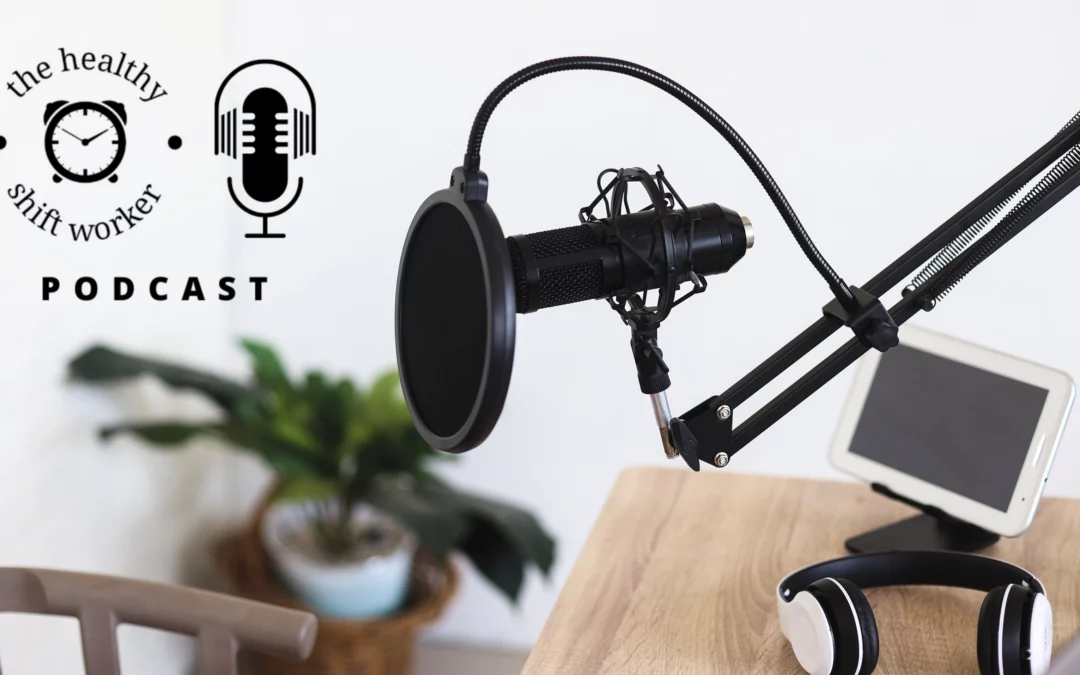



by Audra Starkey | Jun 27, 2017 | HSW, Nutrition, Podcast
Healthy Shift Worker Podcast Episode: One of the most common struggles I hear from my shift working clients is this ongoing, relentless craving for sugar! But why is that? Why are shift workers notorious for craving (and eating) all of the sweet stuff – the highly...
by Audra Starkey | Feb 22, 2016 | Nutrition, Sleep
Thanks to our erratic shift schedules and overwhelming levels of fatigue, shift workers inadvertently spend less time in the outdoors. However it’s not just those of us working 24/7 who are locking ourselves inside or soaking ourselves in sunscreens each time we...